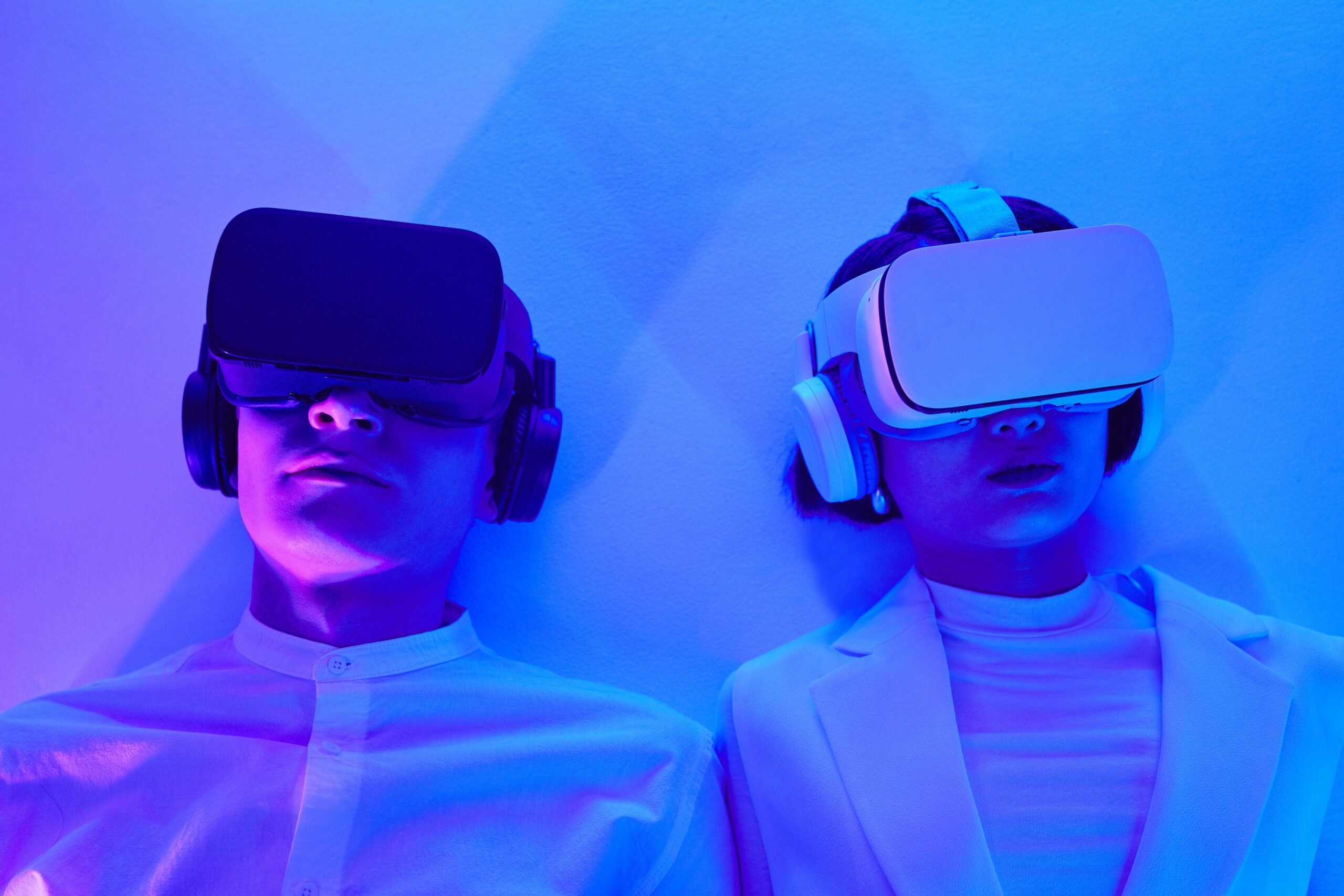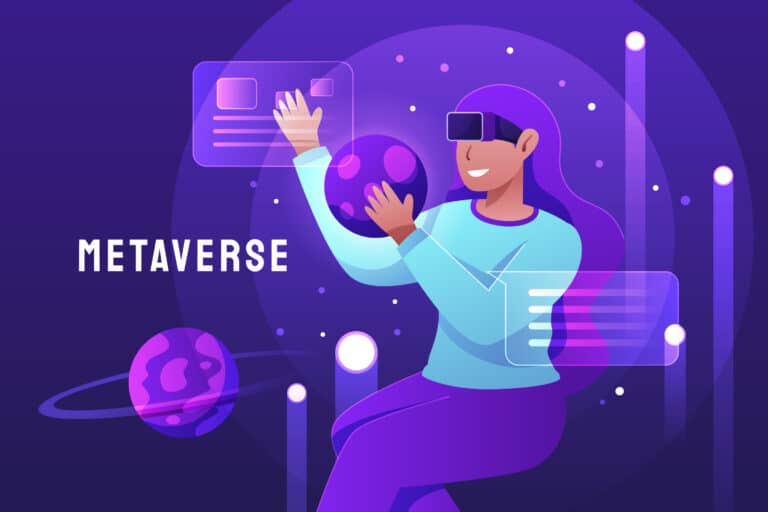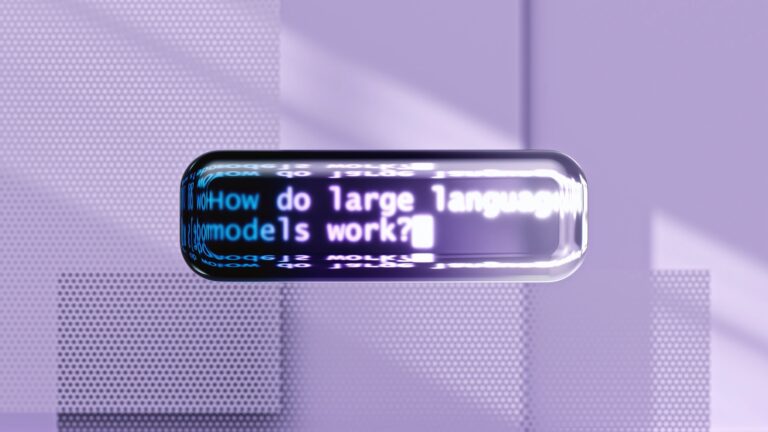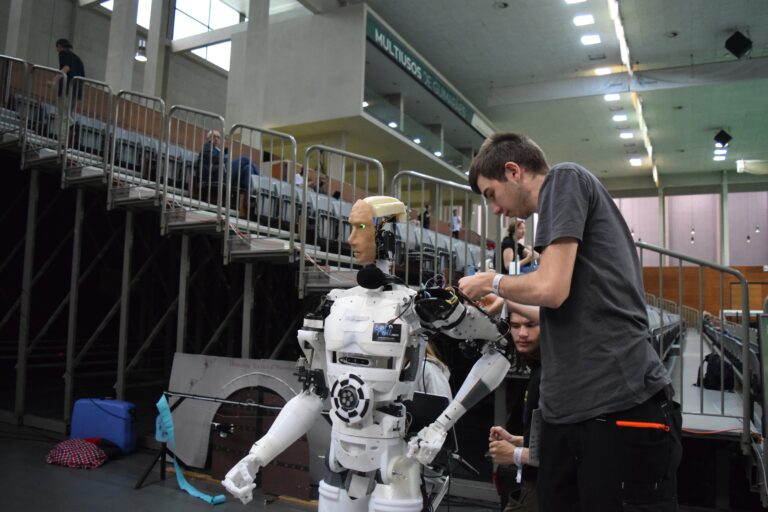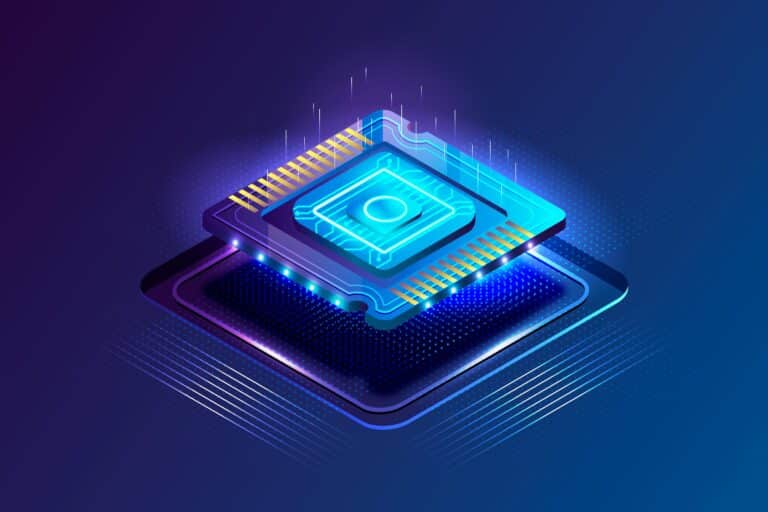AI-Powered Mental Health Screening
Mental health issues are a major concern for millions of people around the world However, many people struggle to obtain prompt diagnostic and therapeutic treatment. The early detection of mental health problems is essential to ensure effective treatment and support. Thanks to advances in the field of artificial intelligence (AI) have revolutionized screening for mental health, which is allowing the creation of new tools and techniques for early identification and treatment.
Utilizing the power of the natural process of language (NLP) as well as behavioral analysis and psychological assessment tools which are powered by AI, mental health screening has the potential of enhancing access to healthcare, decreasing stigma, and improving outcomes for those suffering from problems with mental health. In the article, we’ll discuss the role played by AI in the mental health screening process as well as its potential applications, advantages, and potential implications of AI for future mental health care.
AI-Powered Mental Health Screening Technologies
The AI-powered health screening tools make use of the combination of NLP machine learning algorithms and behavioral analysis techniques to examine speech, text, and other data about behavior for indicators of mental health problems. These tools can analyze massive amounts of data from a variety of sources, including social media posts, forums on the internet electronic health records, and mobile apps to detect patterns that are trending, as well as the risk factors that are related to mental health issues.
For instance, NLP algorithms can analyze written or spoken texts to identify linguistic signals or sentiments, as well as language patterns that are indicative of anxiety, depression, or other mental health conditions. The techniques for behavioral analysis can study user interaction with their browsing habits, as well as the patterns of use of smartphones to identify changes in mood or behavior that could be connected to mental health issues.
Early Detection and Intervention
A mental health screen powered by AI allows for the early identification and treatment of mental health issues, allowing people to receive assistance and treatment when they first show signs of mental health problems. By analyzing data from a variety of sources and identifying subtle changes in behavior or speech patterns, AI software can detect those who are most at risk of developing mental health illnesses before they become serious.
Early intervention is crucial to increasing outcomes and reducing the long-term effects of mental health issues. AI-powered screening tools can alert healthcare providers as well as caregivers or patients themselves to danger factors or warning indicators, allowing them to seek out the right support and counseling or treatment immediately.
Personalized and Contextualized Screening
AI can provide personalized and personalized mental health screening by analyzing particular characteristics, preferences, and the context. AI algorithms can adapt assessment questions for screening and interventions to meet the individual preferences, needs, and conditions of each individual, improving the efficacy and accuracy of the screening results.
For instance, AI-powered chatbots, or virtual assistants can engage users in conversations to evaluate their mental health or provide psychoeducation. They also provide referrals or resources to services that are appropriate for their needs. The tools can modify their interventions and reactions depending on the user’s speech and tone as well as their emotional state, and provide individualized assistance and guidance in real-time.
Benefits of AI-Powered Mental Health Screening
The incorporation of AI in mental health screening provides numerous benefits to individuals as well as healthcare professionals and society in general such as:
- Increased accessibility to current and accurate mental health screenings and assessments.
- Early screening for mental issues or risk factors.
- Screening and interventions.
- Eliminated stigma and barriers to seeking help for mental health and treatment.
- Collaboration and communication have been improved between healthcare professionals, caregivers, and even individuals.
- Greater efficiency and scaleability of mental health interventions and screening.
What exactly is an AI-powered health screen and how is it done?
AI-powered mental health screening makes use of artificial intelligence technology like the natural process of language (NLP) and machine learning algorithms, as well as behavioral analysis, which analyzes speech, text, and behavior data to detect indications of mental health issues. These tools can process huge quantities of data gathered from various sources, including social media, forums on the internet electronic health records, and mobile apps, to discover patterns as well as trends and the risk factors that are related to mental health issues. Through the analysis of language patterns, and emotional, and other behavioral signals, AI algorithms can detect early indicators of anxiety, depression, or any other mental health issues.
What are the primary uses of AI to screen for mental illness?
AI has several applications in the field of mental health screening for example:
- The analysis of speech and text data to identify indicators of mental health disorders including anxiety, depression, or suicidal ideas.
- The detection of changes in mood or behavior patterns could signal the existence of mental health issues.
- Offering individualized and contextually sensitive mental health assessments and treatments.
- Early detection and intervention for those who are at risk for developing mental health issues.
- Access to better mental health treatment and support with innovative technologies like chatbots and virtual assistants.
What can AI help in the early detection and treatment of mental health issues?
AI improves the early detection and treatment of mental health problems by analyzing data from multiple different sources. It also detects subtle shifts in the way people behave, speak, or mood that could suggest the presence of mental health issues. Through processing huge amounts of data and finding patterns or risk factors that are associated with mental health problems, AI algorithms can alert health professionals, caregivers, or the individual themselves, to symptoms of stress or risk and help them seek the appropriate help and counseling or treatment immediately.
What are the advantages of AI-powered screening for mental health?
The inclusion of AI to mental health screening has many advantages, which include:
- Increased accessibility to rapid and accurate mental health screenings and assessment.
- Early screening for mental issues or risk factors.
- Screening and interventions.
- Eliminated stigma and barriers to seeking support for mental health and treatment.
- Greater efficiency and scaleability of mental health interventions and screening.
- Improved collaboration and communication between healthcare professionals, caregivers, and patients.
Are there any issues or limitations with AI-powered mental health screening?
AI-powered screening for mental health has the potential to improve access to healthcare and earlier intervention questions and concerns to take into consideration which include:
- Security and privacy issues relating to the analysis and collection of sensitive personal data.
- Ethics and ethical considerations in AI algorithms and their use AI algorithms to aid in assessments of mental well-being and for decision making.
- Possible biases in AI algorithms could impact the fairness and accuracy of the results of screening, especially for populations that are marginalized or underrepresented.
- The requirement for continuous evaluation and refinement of AI algorithms is essential to ensure their reliability and effectiveness in real-world environments.
- The a need to integrate AI technology into existing healthcare systems for mental health as well as practices ethically and responsibly.
Conclusion
Artificial intelligence has revolutionized mental health screening and facilitated the development of cutting-edge tools and techniques for earlier detection as well as intervention. Through the use of NLP and behavioral analysis and tools for psychological assessment, the AI-powered mental health screening provides individualized, fast, and precise methods for screening as well as intervention that increase the effectiveness of screening and lessen the incidence of mental health issues.
While we work to develop and further integrate AI in mental health screening and treatment, we are getting closer to the goal of universal accessibility to support for mental health and treatment. Through harnessing the capabilities of AI to recognize individuals who are at risk of developing mental health problems and linking them to the appropriate services and interventions to build a more inclusive, comfortable, and resilient society that is accessible to everyone.

